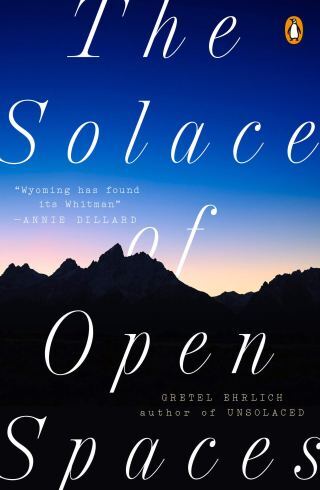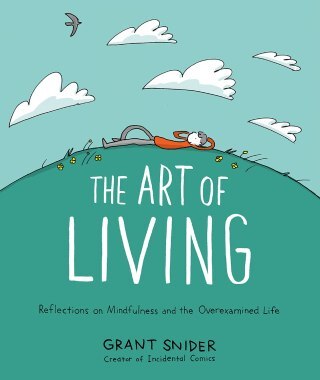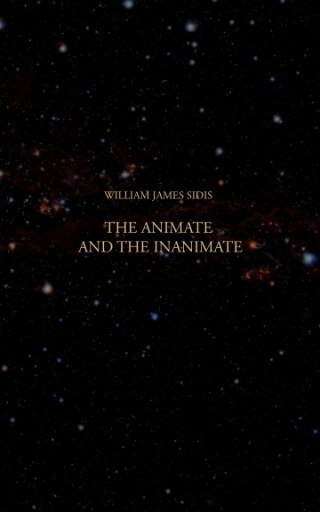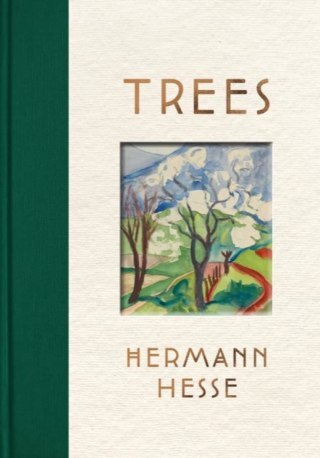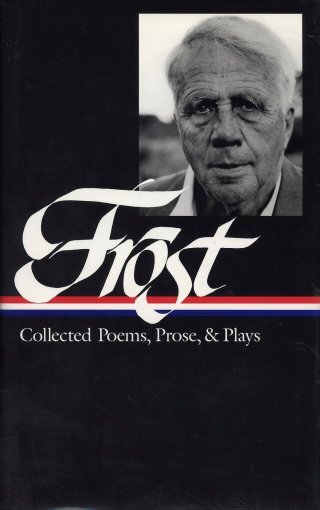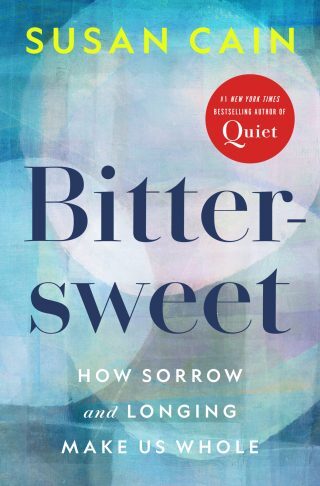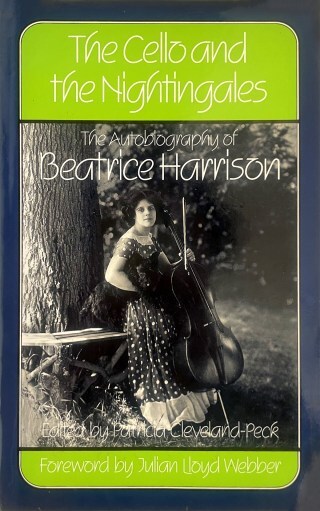Maria Popova's Blog, page 68
June 9, 2022
The Solace of Open Spaces
We live amid and inside emblems of the touching longing for permanence that both defines us and defies reality: our houses, these haikus of brick and hope so easily discomposed by a tremor of the earth or a tempest of the sky; our homes, so easily hollowed by death or indifference; our bodies, these boarding houses for stardust. All along, ...
The Art of Living: The Contemplative Cartoonist Grant Snider’s Illustrated Love Letter to Noticing and Manifesto for Self-Liberation from Striving
“The utility of living consists not in the length of days, but in the use of time,” Montaigne wrote half a millennium ago as he reckoned with how to live, before we had fully forgotten the finitude of our time and the preciousness of presence, before we had made of our four thousand weeks a conveyor belt of productivity.
Epochs later, the contemplative cartoonist and Incidental Comics creator Grant ...
Dismantling the Dogmas of Life and Death: How the Forgotten Prodigy William James Sidis Presaged the Quantum Undoing of Time and Thermodynamics
“Time is the substance I am made of,” Borges wrote in his exquisite refutation of time an epoch before we time-substantiated creatures came to discover the staggeri...
June 7, 2022
The Day Hermann Hesse Discovered the Meaning of Life in a Tree
“Whoever has learned how to listen to trees,” Hermann Hesse (July 2, 1877–August 9, 1962) wrote in what remains one of humanity’s most beautiful love letters to trees, “no longer wants to be a tree. He* wants to be nothing except ...
The Day Hermann Hesse Found the Meaning of Life in a Tree
“Whoever has learned how to listen to trees,” Hermann Hesse (July 2, 1877–August 9, 1962) wrote in what remains one of humanity’s most beautiful love letters to trees, “no longer wants to be a tree. He* wants to be nothing except ...
Hermann Hesse on Trees and the Meaning of Life
“Whoever has learned how to listen to trees,” Hermann Hesse (July 2, 1877–August 9, 1962) wrote in what remains one of humanity’s most beautiful love letters to trees, “no longer wants to be a tree. He* wants to be nothing except ...
June 6, 2022
Consciousness and the Constellations: Cognitive Scientist Alexandra Horowitz Reads and Reflects on Robert Frost
The first English use of the word space to connote the cosmic expanse appears in line 650 of Book I of Milton’s Paradise Lost:
Space may produce new Worlds; whereof so rife.
On this world, space has produced “atoms with consciousness,” in the lovely phrase of the later poet Richard Feynman. Minds. A world rife with minds, as various as they are numerous.
Elsewhere in his seventeenth-century epic of philosophy in blank verse, Milton...
June 5, 2022
The Power of the Bittersweet: Susan Cain on Longing as the Fulcrum of Creativity
“Oh, there must be a little bit of air, a little bit of happiness… to let the form be felt.. but let the whole be sombre,” Van Gogh wrote to his brother as he exulted in the beauty of sorrow — not in that wallowing way some have of making an identity of their suffering, not in the way our culture has of fetishizing the tortured genius myth, but in the way of Whitman, wh...
June 4, 2022
The Cello and the Nightingales: Beatrice Harrison and How the World’s First Fake News United Humanity in Our First Collective Empathy for Nature
In the high summer of 1977, 100 years after Thomas Edison devised the first technology for recording and reproducing sound, the Voyager reached the poetic gesture of its Golden Record into the cosmos, carrying the universal language of our species — a Navajo night chant and a Bach fugue, a millennia-old Chinese song and a Beeth...
The Cello and the Nightingales: How the World’s First Fake News United Humanity in Our First Collective Experience of Empathy for Nature
In the high summer of 1977, 100 years after Thomas Edison devised the first technology for recording and reproducing sound, the Voyager reached the poetic gesture of its Golden Record into the cosmos, carrying the universal language of our species — a Navajo night chant and a Bach fugue, a millennia-old Chinese song and a Beeth...

